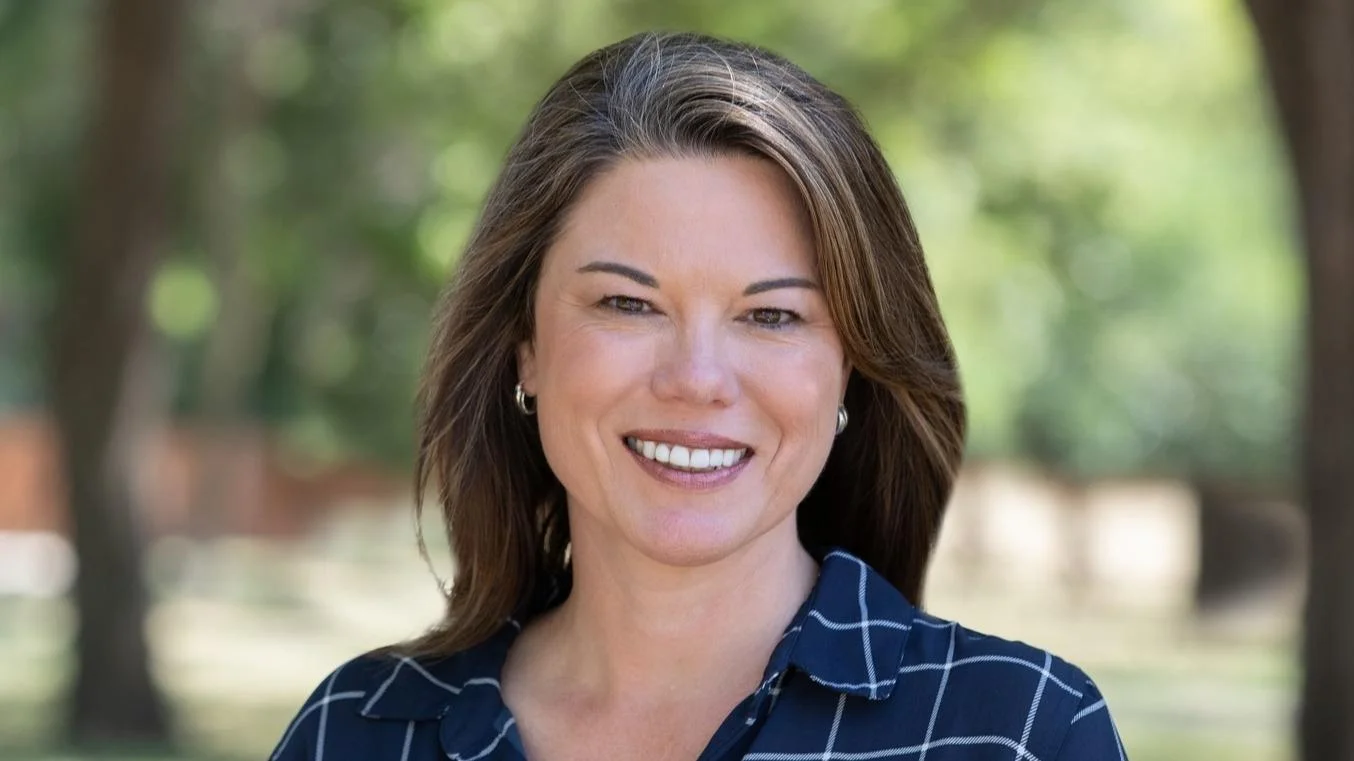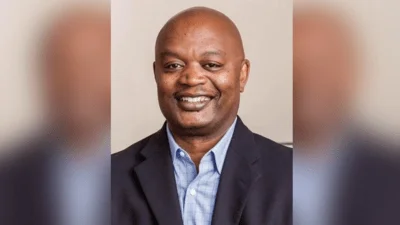Angie Craig U.S. House of Representatives from Minnesota's 2nd district | Official U.S. House Headshot
Angie Craig U.S. House of Representatives from Minnesota's 2nd district | Official U.S. House Headshot
Angie Craig, a U.S. Congress representative for Minnesota’s 2nd district, frequently uses her platform to express her opinions on relevant issues. In her recent tweets, she addresses concerns about ongoing trade policies, her recent recognition as a 2025 Impact Honoree by the James Beard Foundation, and efforts to aid working-class Americans through energy cost reduction programs.
On April 2, 2025, Angie Craig tweeted about the administration's trade policies, stating, "By declaring a worldwide trade war, the Admin is hurting American farmers, workers & consumers. Increasing input costs, shutting farmers out of export markets & causing middle-class families to pay more at the grocery store is not what this President promised." Craig discusses the adverse effects of these policies on various segments of society, emphasizing the increased costs for farmers and consumers.
In a follow-up tweet posted on April 3, 2025, Craig expressed her gratitude for being recognized by the James Beard Foundation, noting her familial farming connections. She wrote, "I’m honored to have been named a 2025 @beardfoundation Impact Honoree. As the granddaughter of a farm foreman and the top Dem on @HouseAgDems, I’m committed to supporting the farmers, producers and small businesses who feed the world. Together, we’ll keep working to ensure every." This award highlights her ongoing dedication to agricultural and small business matters.
Later on April 3, 2025, Craig addressed the administration's recent decision regarding staffing for a program aimed at reducing energy costs. She stated, "I’ve been fighting to fully fund this program to help reduce energy costs for working folks. The Admin just laid off their entire staff. This is most definitely not the party of the working class." Craig underscores her commitment to supporting working-class individuals and criticizes the shift in program support.





 Alerts Sign-up
Alerts Sign-up